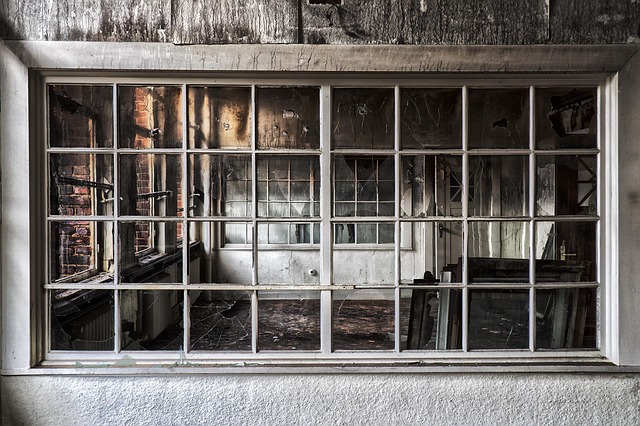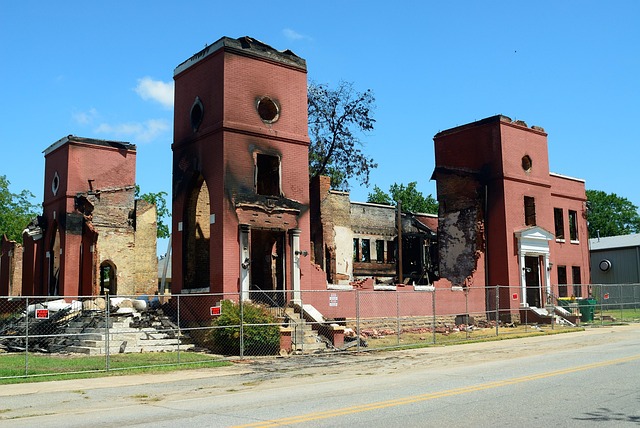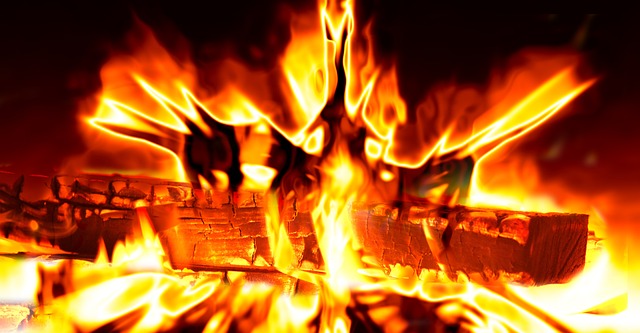Fire damage significantly impacts property values, making it crucial for Chicago homeowners to understand assessment processes during a sale. While "can you sell a house that has fire damage Chicago?" has an affirmative answer, it's a complex process involving certified professionals who evaluate structural integrity and contents recovery. This assessment is vital for buyers and sellers, with Illinois regulations mandating disclosure of material defects. Accurate assessments and professional opinions are key to determining repair costs and guiding decisions about selling or rebuilding. Effective communication—transparently disclosing damage details to insurers and buyers—is crucial for a quicker resolution.
After a devastating fire, Chicago residents face the daunting task of property valuation and rebuilding. Understanding the process of post-fire assessment is crucial for homeowners looking to navigate the complex landscape of insurance claims and real estate sales in Chicago. This article explores legal considerations, the evaluation process, and strategic decision-making following a fire, offering insights into repairing or reconstructing your home and effectively communicating with insurers and potential buyers who may ask, “Can you sell a house that has fire damage in Chicago?”
- Understanding Fire Damage Assessment in Chicago Real Estate
- Legal Considerations: Can You Sell a Property with Fire Damage?
- The Process of Post-Fire Property Valuation
- Repair vs. Reconstruction: Decision-Making After a Fire
- Tips for Effective Communication with Insurers and Buyers
Understanding Fire Damage Assessment in Chicago Real Estate
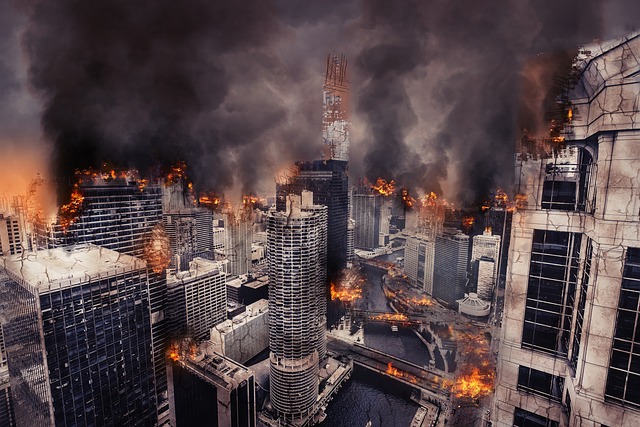
Fire damage can significantly impact property values, making it crucial for homeowners in Chicago to understand how this assessment works when considering a sale. If you’re wondering, “Can you sell a house that has fire damage Chicago?” the answer is yes, but it’s a complex process. The initial step involves a thorough inspection by certified professionals who evaluate the extent of the damage—from structural integrity to contents recovery—and determine reparable or irreparable losses.
This assessment is vital for both buyers and sellers. Buyers need accurate information on potential repairs and costs, while sellers must disclose any known issues transparently. The Chicago real estate market has specific guidelines and regulations regarding fire-damaged properties, ensuring fairness and transparency in transactions. Understanding these processes empowers homeowners to make informed decisions about their post-fire property valuation and sale.
Legal Considerations: Can You Sell a Property with Fire Damage?

When a property in Chicago sustains fire damage, many homeowners wonder if they can still sell their home. The short answer is yes; selling a house with fire damage is possible, but it’s not as straightforward as a typical real estate transaction. Legal considerations come into play to ensure fair practices for both buyers and sellers.
In Illinois, including Chicago, there are specific laws and regulations in place that address the sale of damaged properties. Sellers must disclose any known material defects, including fire damage, to potential buyers. This transparency is crucial to prevent future legal issues. While some buyers may be deterred by fire-damaged homes, others might see it as an opportunity for renovation or reconstruction, which can increase the property’s value post-restoration. The key lies in obtaining accurate assessments and professional opinions to determine the extent of damage and the potential costs of repair, ensuring that all parties involved are well-informed throughout the sales process.
The Process of Post-Fire Property Valuation
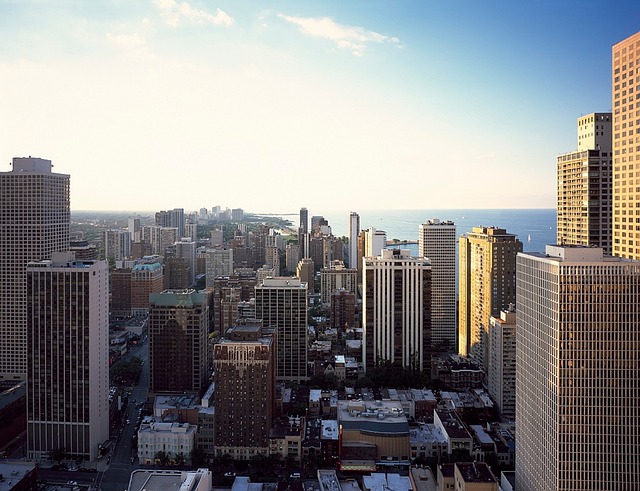
After a fire, property valuation in Chicago becomes a meticulous process. The first step involves a thorough inspection by certified appraisers who assess the extent of damage to the structure and its contents. They document every aspect, from charred walls and melted floors to missing fixtures and personal belongings. This detailed report is crucial for understanding the scope of repairs needed.
Next, comparables are analyzed—recent sales data of similar properties in the area. Appraisers compare these homes, considering factors like size, age, condition, and location. This analysis helps determine the before-and-after value, factoring in potential reconstruction costs. The goal is to establish a fair market value for the property, even with fire damage, so that owners can make informed decisions about selling or rebuilding. For those asking, “can you sell a house that has fire damage Chicago?” the answer lies in this meticulous process of evaluation and comparison.
Repair vs. Reconstruction: Decision-Making After a Fire
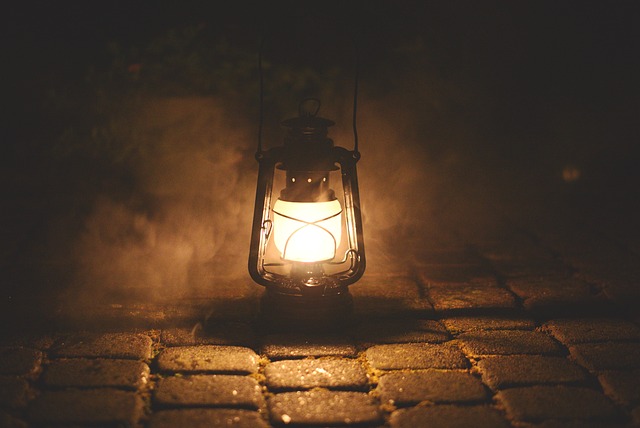
After a fire, homeowners in Chicago often face a critical decision: to repair or reconstruct. When considering whether to sell a house with fire damage, it’s essential to weigh the costs and benefits of each option. Repairing may be feasible if the damage is limited to specific areas, allowing for a more cost-effective restoration. However, extensive fire damage might render renovation impractical, especially if structural integrity is compromised.
In such cases, reconstruction offers a fresh start but comes with a higher financial burden. Chicago’s building codes and insurance policies play a significant role in this decision. Homeowners should consult professionals who can assess the extent of damage, advise on compliance with local regulations, and provide accurate cost estimates. This process is crucial for determining the most beneficial path forward—whether repairing the existing structure or rebuilding entirely—ensuring that the decision aligns with both financial considerations and long-term living needs.
Tips for Effective Communication with Insurers and Buyers
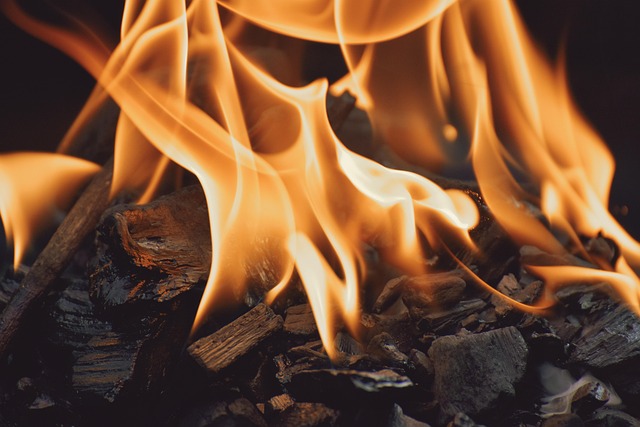
After a fire, effective communication becomes even more critical as you navigate the process of selling your property in Chicago. The first step is to disclose all relevant information to both insurers and potential buyers transparently. This includes providing detailed accounts of the extent of the damage, ensuring every affected area is accurately documented through photographs and assessments.
When dealing with insurance companies, be prepared to discuss the repairs required, their cost estimates, and any potential delays. It’s essential to stay informed about your policy’s coverage limits and deductibles. For buyers, honesty is key; disclose known issues openly, as hidden problems could lead to legal complications later. This transparent approach fosters trust, aiding in a quicker resolution for both parties, especially when addressing the question of whether you can sell a house that has fire damage in Chicago.
Post-fire property valuation in Chicago involves a complex process of assessment, legal consideration, and decision-making. Understanding how fire damage impacts a property’s value is crucial for both sellers and buyers. If you’re wondering, “can you sell a house that has fire damage Chicago?” the answer often lies in the extent of the damage and regulatory requirements. By following the steps outlined in this article, from navigating legal aspects to effective communication, you can navigate the process more smoothly. Remember, repair vs. reconstruction decisions are vital, and seeking professional advice is key to ensuring a successful outcome for your property’s future.

